Jet zero: future of flight or pie-in-the-sky thinking?
New report finds no amount of alternative sustainable jet fuels could sustain the UK’s current flying habits
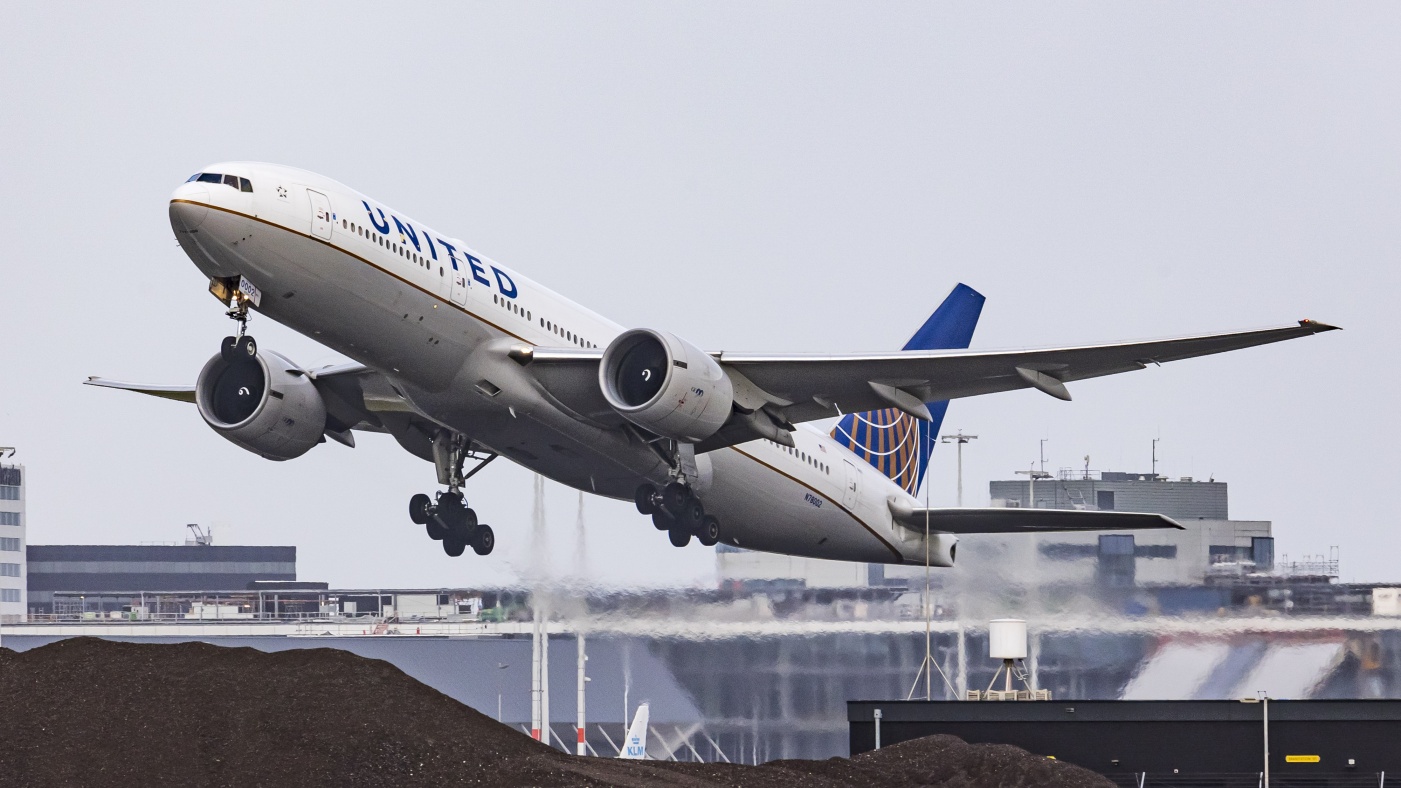
A free daily email with the biggest news stories of the day – and the best features from TheWeek.com
You are now subscribed
Your newsletter sign-up was successful
Guilt-free flying is still some way off after a major new report found that there is currently no single, clear, sustainable alternative to jet fuel.
Flying was responsible for 2.4% of global greenhouse gas emissions in 2019 and 8% of UK emissions, according to a research briefing by the House of Commons library. And with demand for flights “expected to increase”, governments and the aviation industry are keen to find ways to reduce the climate impacts of traditional kerosene fuel, said the BBC.
Switching to sustainable fuels is a key part of the UK government’s plan to reach “jet zero” – zero-emissions flights – by 2050, which it touts as a plan to offer “guilt-free flying”. But a report from The Royal Society has found there is currently no clear sustainable alternative to jet fuel that could support the UK’s current flying habits.
The Week
Escape your echo chamber. Get the facts behind the news, plus analysis from multiple perspectives.

Sign up for The Week's Free Newsletters
From our morning news briefing to a weekly Good News Newsletter, get the best of The Week delivered directly to your inbox.
From our morning news briefing to a weekly Good News Newsletter, get the best of The Week delivered directly to your inbox.
‘Alternative fuels not a short-term solution’
The Royal Society report looked at four possible alternative fuel types to replace the 12.3 million tonnes of jet fuel used annually in the UK. These are: green hydrogen (made from water using renewable energy), biofuels (made from energy crops and waste), ammonia, and synthetic fuels or e-fuels (made by capturing and converting carbon dioxide). But it found none could replace fossil jet fuel in the short term.
That’s partly because scaling up these alternative fuels will prove to be a significant – if not impossible – challenge. Producing enough biofuel to meet current demands in the UK would require “at least half of all UK agricultural land”, said the report, while sufficient amounts of green hydrogen or ammonia to fuel planes would require some “2.4 to 3.4 times the total current renewable electricity in the UK”. And the use of synthetic or e-fuels would require “5 – 8 times the UK’s 2020 renewable electricity capacity”.
Other major infrastructure barriers exist, said the BBC. Existing aeroplanes “cannot use hydrogen-based fuel”, while other alternative types of fuel under consideration, such as ammonia and synthetic fuels, also use green hydrogen – so “it is unclear if existing planes could use them”.
The scientists behind the report say that in the long term, it is likely that an alternative fuel will be developed, but it will require major changes to airport infrastructure as well as to how aeroplanes are designed.
A free daily email with the biggest news stories of the day – and the best features from TheWeek.com
‘Boundless possibilities’
The Royal Society report is “likely to be seized upon by environmental campaigners”, who want to “curb the number of flights in the near term” while zero-emission aviation technologies are developed in the longer term, said Business Green.
“Not all aspects of modern life in Western nations have an easy ‘technofix’ for the damage they do to the environment, and nowhere is this truer than for air travel,” Leo Murray, director of innovation at climate charity Possible, told the BBC. His organisation has suggested that the UK government tax the country’s most frequent fliers.
“A Frequent Flyer Levy would target reduced demand amongst the group responsible for most of the environmental damage today, while leaving the annual family holiday untouched,” he said.
The Royal Society report didn’t look though at the potential for electric aircraft, something the former transport secretary and aviation enthusiast Grant Shapps said is one of the “boundless possibilities” that technology can offer. As part of its “jet zero” plans, the government wants five sustainable aviation fuel (SAF) plants under construction by 2025.
A Department for Transport spokesperson said its SAF programme is “one of the most comprehensive in the world”. “Our Jet Zero Strategy sets out how we can achieve net zero emissions from UK aviation by 2050, without directly limiting demand for aviation. Sustainable Aviation Fuels and hydrogen are key elements of this, and we will ensure that there is no impact on food crops,” the spokesperson said.
-
 Moltbook: The AI-only social network
Moltbook: The AI-only social networkFeature Bots interact on Moltbook like humans use Reddit
-
 Judge orders Washington slavery exhibit restored
Judge orders Washington slavery exhibit restoredSpeed Read The Trump administration took down displays about slavery at the President’s House Site in Philadelphia
-
 Kurt Olsen: Trump’s ‘Stop the Steal’ lawyer playing a major White House role
Kurt Olsen: Trump’s ‘Stop the Steal’ lawyer playing a major White House roleIn the Spotlight Olsen reportedly has access to significant U.S. intelligence
-
 Disney bets big on AI, but not everyone sees a winner
Disney bets big on AI, but not everyone sees a winnerTalking Points The company will allow users to create their own AI content on Disney+
-
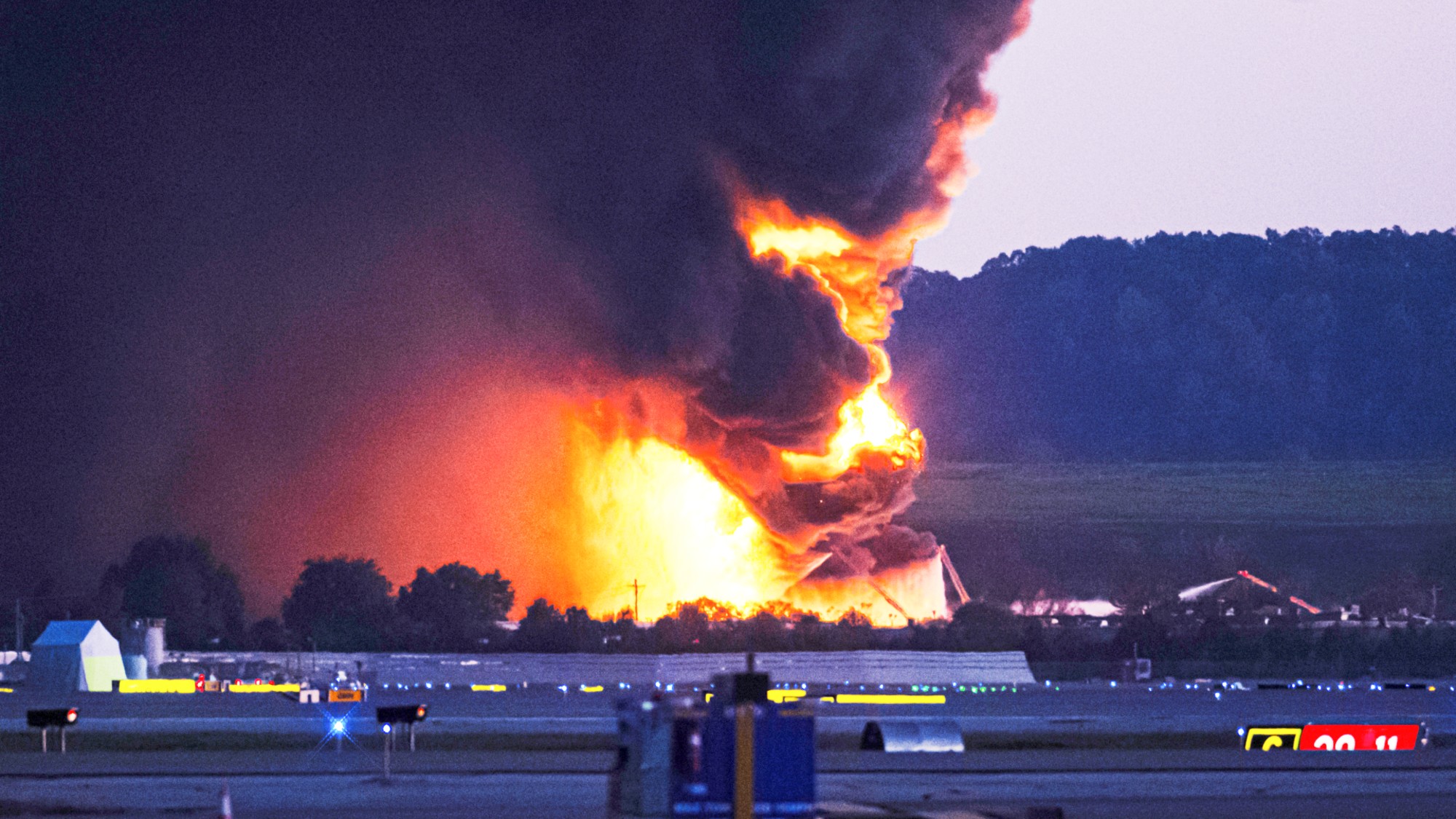 A 34-year-old plane is at the center of the UPS crash
A 34-year-old plane is at the center of the UPS crashIn the Spotlight Many air cargo companies use planes that are this old
-
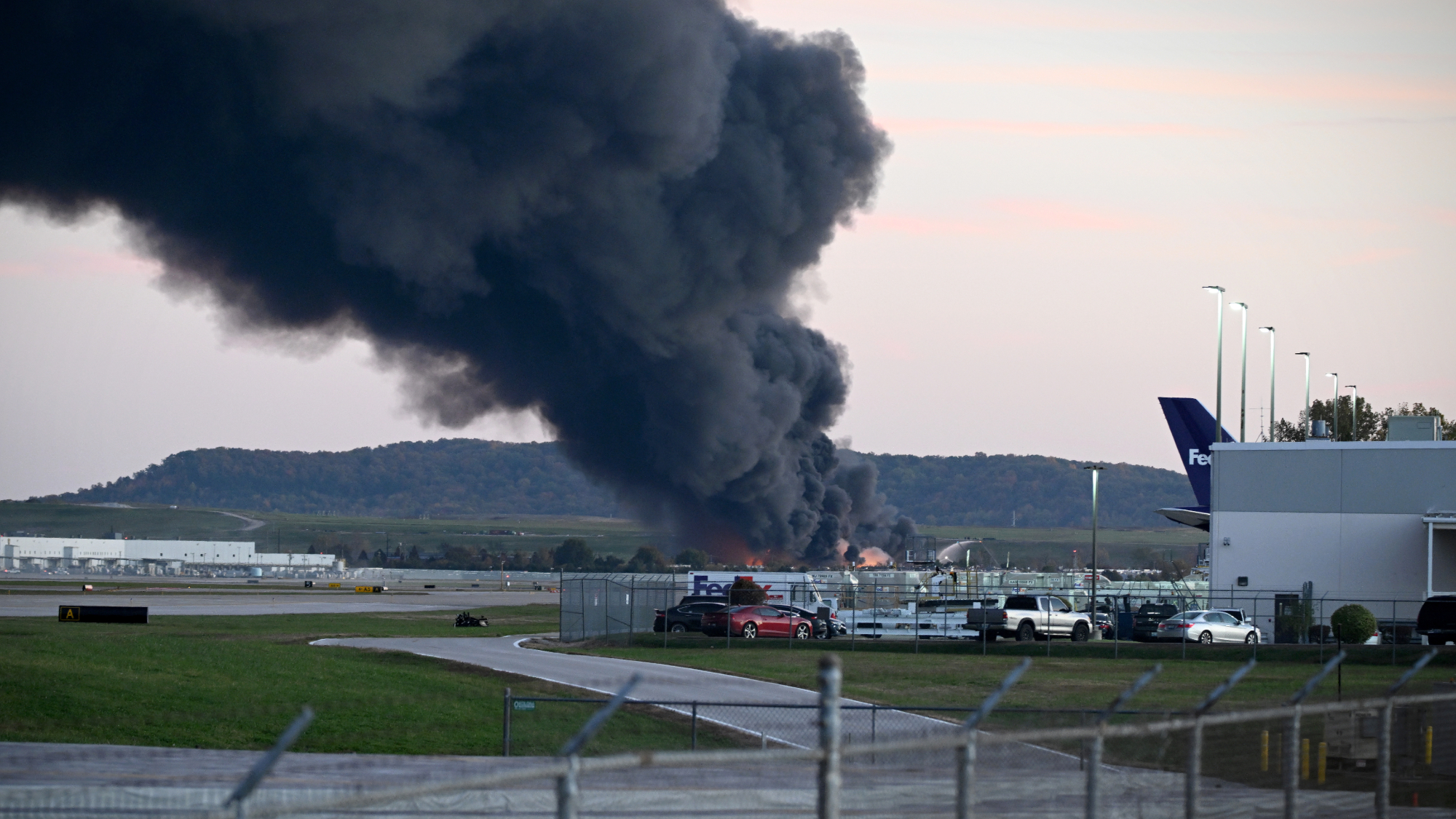 At least 7 dead in Kentucky UPS cargo plane explosion
At least 7 dead in Kentucky UPS cargo plane explosionSpeed Read Another 11 people were hurt
-
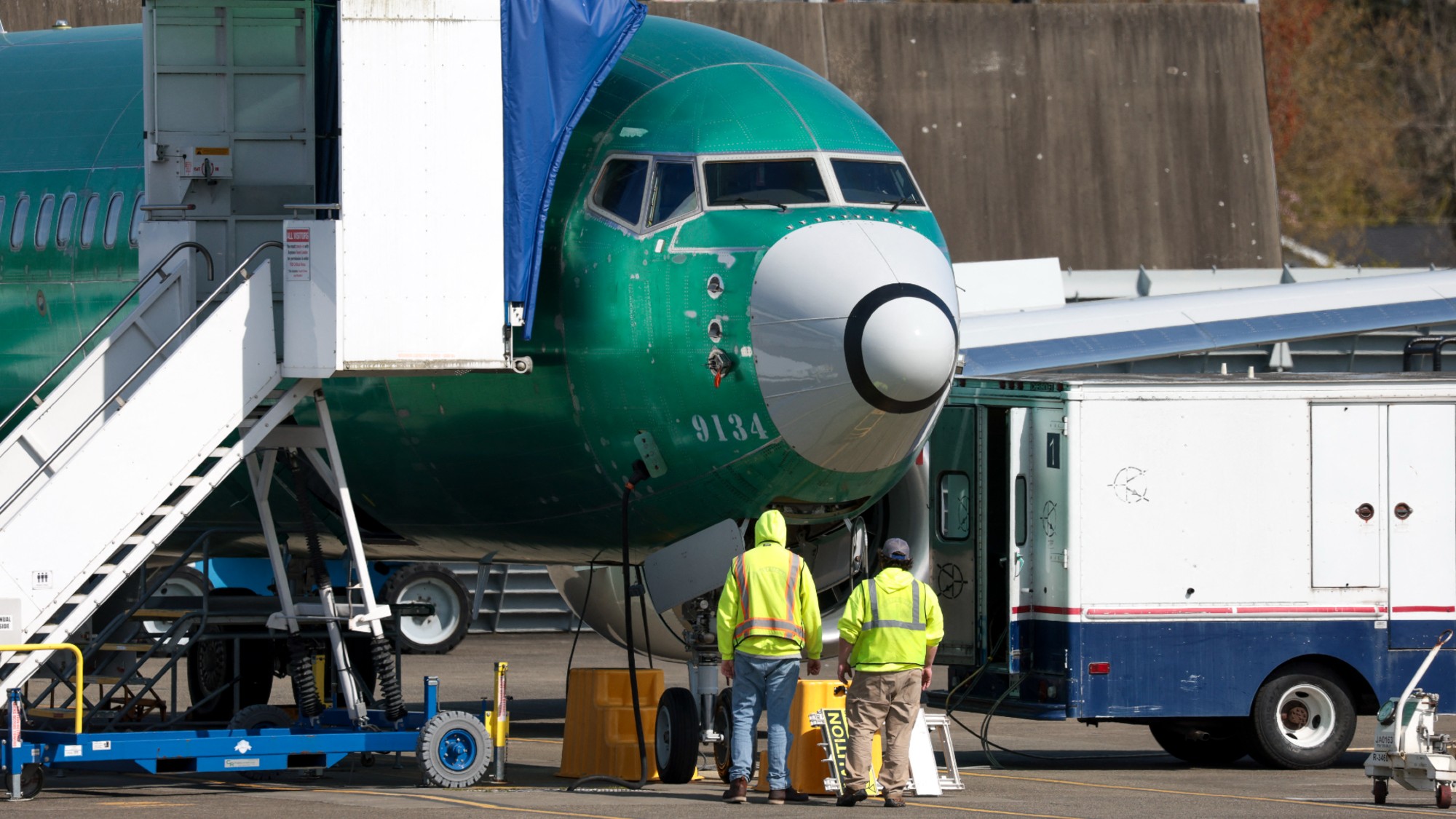 Questions abound over the FAA’s management of Boeing
Questions abound over the FAA’s management of BoeingTalking Points Some have called the agency’s actions underwhelming
-
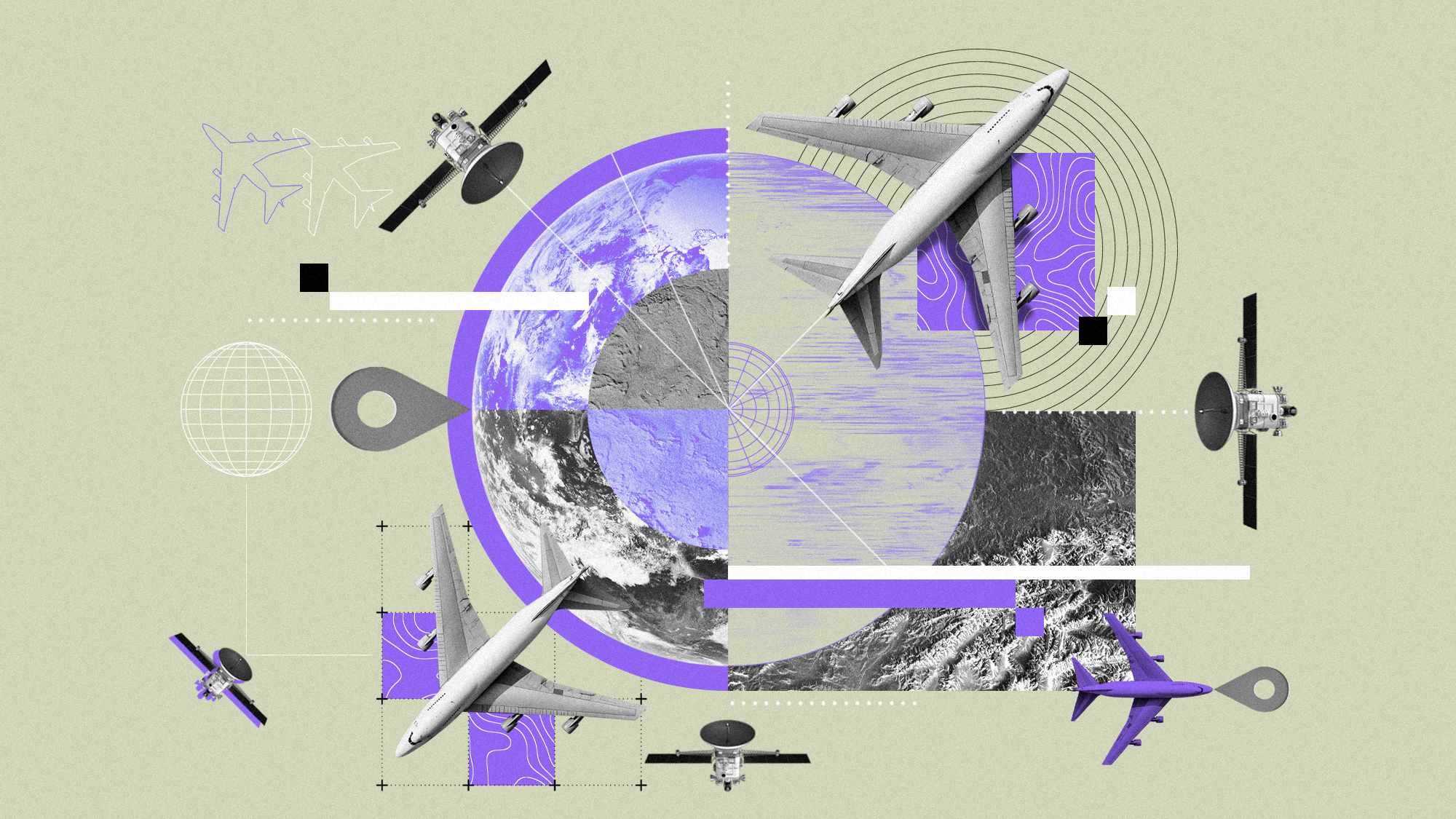 GPS jamming: a new danger to civil aircraft
GPS jamming: a new danger to civil aircraftThe Explainer Use of the 'invisible threat' is on the rise
-
 How global conflicts are reshaping flight paths
How global conflicts are reshaping flight pathsUnder the Radar Airlines are having to take longer and convoluted routes to avoid conflict zones
-
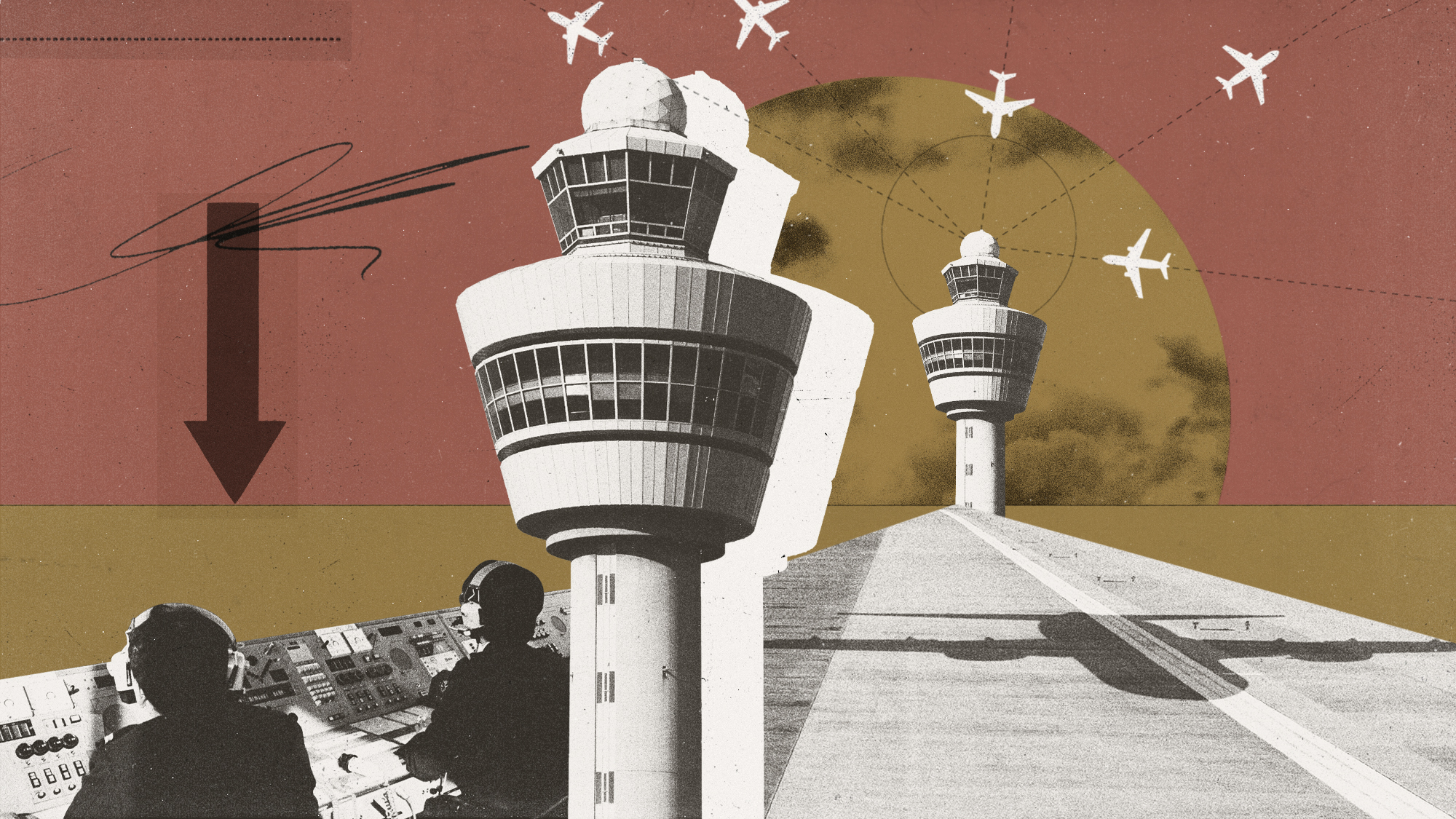 What's wrong with America's air traffic control systems?
What's wrong with America's air traffic control systems?Today's Big Question The radios and radar keep going out at Newark International
-
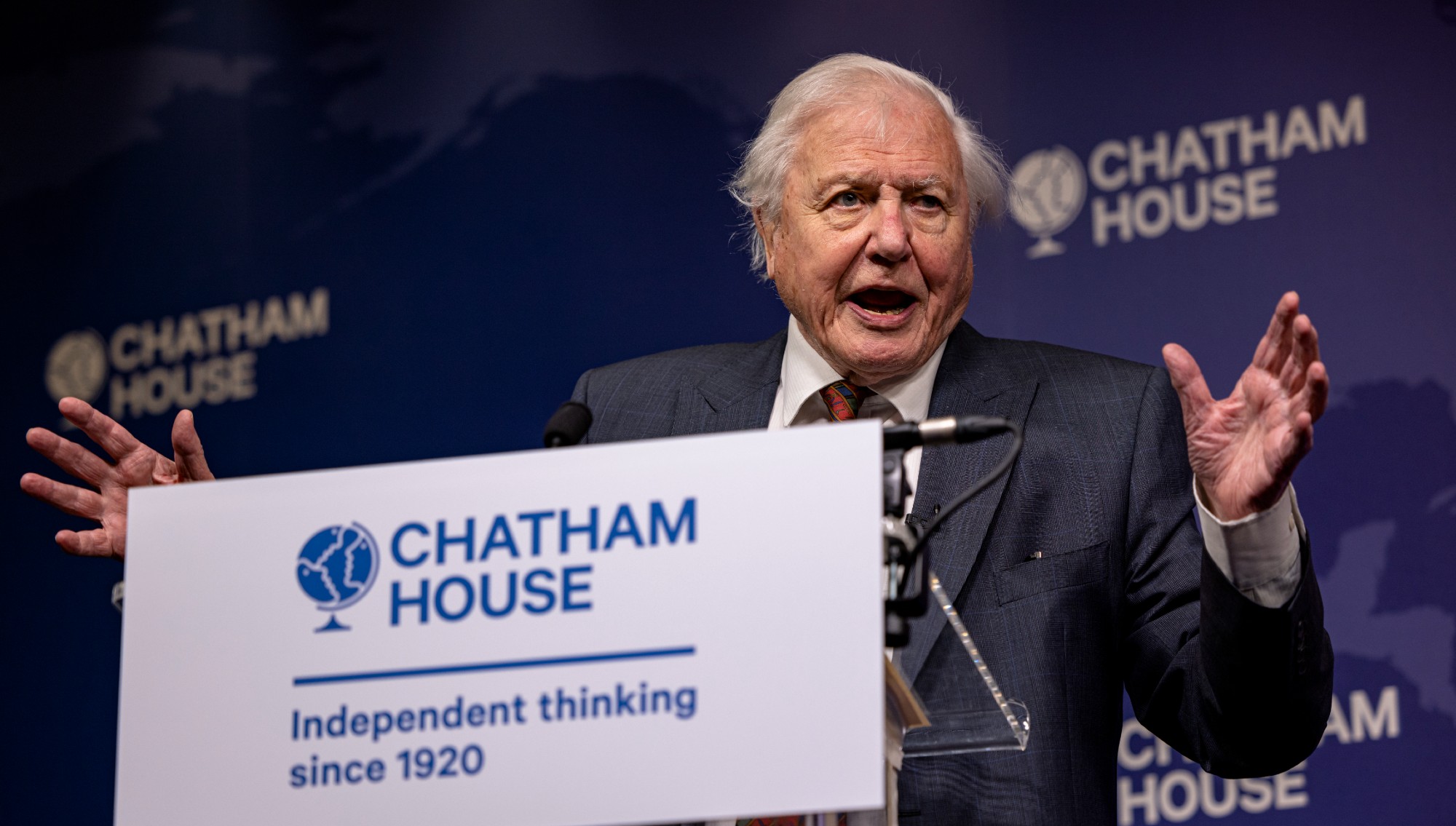 David Attenborough at 99: a 'radical' voice for climate action
David Attenborough at 99: a 'radical' voice for climate actionIn The Spotlight In his new film 'Ocean', TV's best-known naturalist delivers his strongest message yet